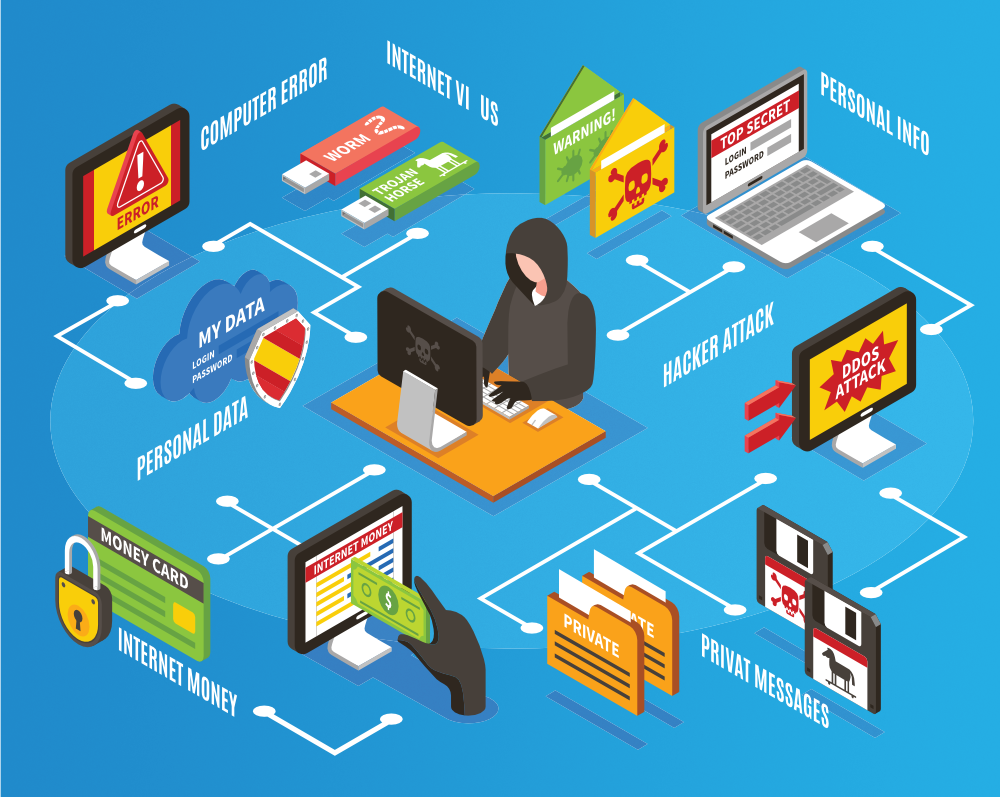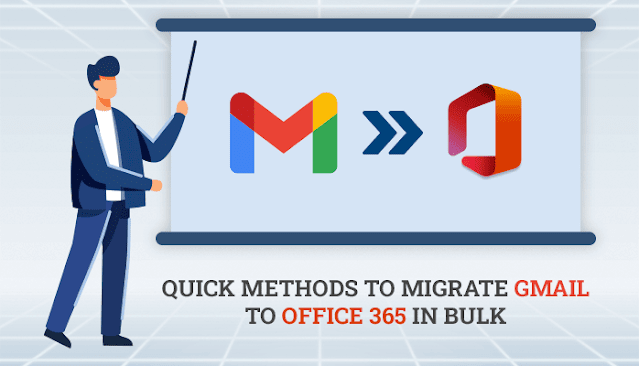8 Helpful Tips On How To Protect Your Business From Cyber Attacks?
Cybersecurity is a topic that is becoming more and more prevalent in the world, and for good reason. There have been an increasing number of large-scale cyber attacks over the past few years, including the WannaCry ransomware attack that affected hundreds of thousands of computers around the world in 2017, and there's no end in sight. This article provides some helpful advice on how to protect your business from cyber attacks.
What is a Cyber Attack?
A cyber attack is when a person or group uses computers and the internet to damage or destroy data, systems, or networks. This can be done by sending out malicious software through email or visiting websites with harmful code. Cyber attacks can also be carried out by hacking into a computer and gaining access to confidential information.
Cyber attackers can use this information to blackmail companies, steal personal information, or even take down a whole network. To prevent these attacks from happening, businesses should take some simple precautions. Here are some tips:
1. Install antivirus software on all of your devices - desktop computers, laptops, tablets, phones, and even printers.
2. Keep strong passwords and never share them with anyone - not even your boss!
3. Make sure all systems are up-to-date and security patches are installed - this includes both your computer operating system and applications (like Adobe Acrobat).
4. Educate employees about cyber security - make sure they know what to do if they see something suspicious online (such as clicking on a link that looks suspicious).
5. Be prepared for an attack - have an emergency plan in place in case things go wrong (like shutting down important systems).
The Stages of a Cyber Attack
1. The Stages of a Cyber Attack:
There are typically four stages in a cyber attack: reconnaissance, exploitation, installation, and execution.
Reconnaissance is when the attacker gathers information about their target. They may look for vulnerable devices or networks, or gather information about the organization's infrastructure.
Exploitation is when the attacker gains access to the system they want to exploit. This may involve infiltrating the victim's network or exploiting known vulnerabilities.
Installation is when the attacker installs malware on the victim's device or computer. This can allow them to gain access to sensitive data or interfere with the operation of the system.
Execution is when the attacker uses their stolen data or compromised systems to carry out their goals.
How to Protect Yourself
There are a few simple things you can do to protect your business from cyber attacks. Here are four tips:
1. Establish a strong cybersecurity policy: Make sure everyone in your organization understands and follows your cybersecurity policy, and be prepared to enforce it. This will help ensure that all employees are aware of the risks and are taking precautions to protect your data.
2. Install effective security software:Make sure you have up-to-date antivirus software, firewalls, and other security measures installed on all computers in your organization. Be sure to regularly update these software programs to keep them protected against new threats.
3. Educate employees about cyber security: Make sure your employees know what cyber security threats exist and how to protect themselves. Encourage them to report any suspicious activity or contact you if they experience problems with their computer or internet connectivity.
4. Keep an eye on trends:Be aware of emerging cybersecurity threats and keep track of new technology developments that could impact your business’s security posture. This will help you stay ahead of the curve and protect yourself from possible attacks."
Types of Attacks
There are a variety of different types of cyber attacks that businesses can face. Some common ones include:
-Phishing: This attack involves tricking someone into clicking on a link that takes them to a fake website, where they may be asked to enter personal information or download software.
-Spamming: This attack involves sending out thousands of unsolicited email messages, often with links to malicious content.
-Malware: Malware is a type of virus or malware that can damage your computer, steal data, or spy on you.
-DoS (Distributed Denial of Service): DoS attacks involve flooding a target's website with traffic so it can't function.
-Ransomware: Ransomware is a type of malware that locks your files until you pay ransom to the attacker.
How to Protect Your Business From Cyber Attacks
Cyber attacks can have a serious financial and operational impact on businesses. In fact, according to the 2017 Verizon Data Breach Investigations Report, data breaches cost organizations an estimated $4 billion annually.
Here are some tips on how to protect your business from cyber attacks:
1. Establish and enforce strong security policies. Cyber attackers will try to exploit weaknesses in your systems if they know about them. Make sure all employees know about your security policies and guidelines, and enforce them strictly.
2. Use proper passwords and encryption techniques. Protecting your passwords is one of the most important steps you can take to protecting your data. Make sure passwords are at least eight characters long and include both letters and numbers, and use different passwords for different areas of your business. Also, be sure to use strong encryption techniques such as bit-level encryption (where each character of the password is encrypted with a unique bit) or AHashes (a type of cryptographic hash function that yields a fixed-length digest).
3. Keep up with regular updates. Keep your systems updated with the latest security patches and software upgrades from vendors such as Microsoft or Apple. This will help protect against known vulnerabilities that cyber attackers may target.
4. Train employees in security procedures. Make sure all employees understand the importance of cybersecurity protocols and how to report any suspected incidents or threats promptly. This will help ensure that potential cyber attacks are detected early enough so that they can be managed accordingly."



